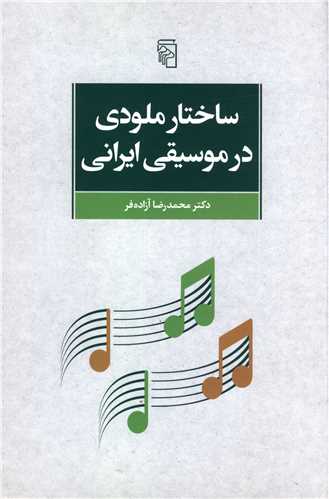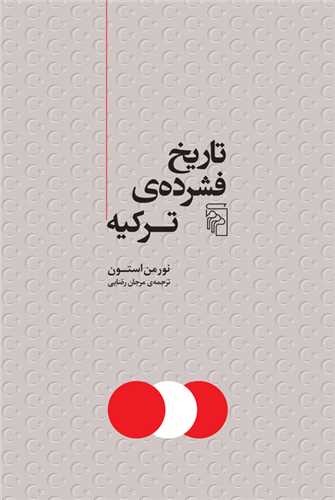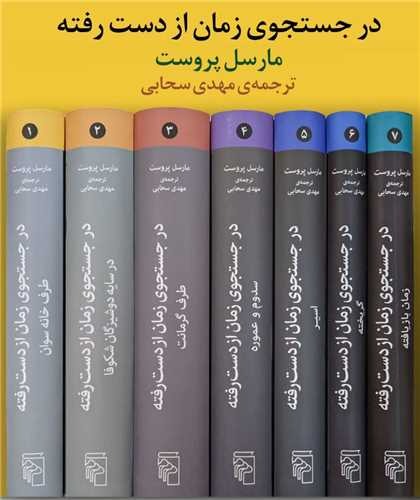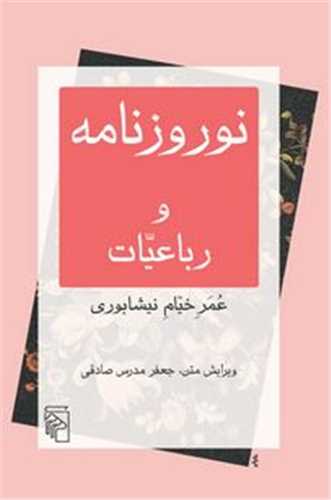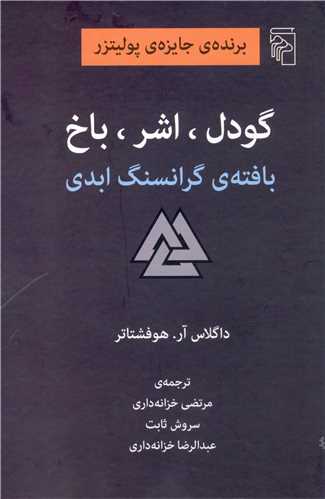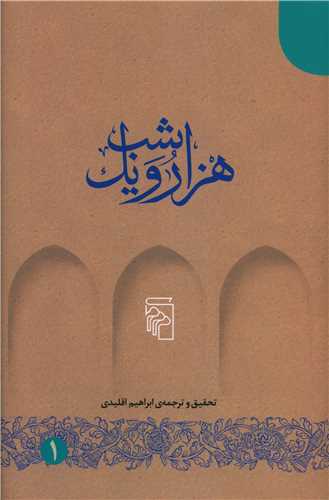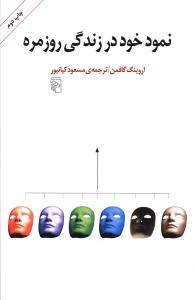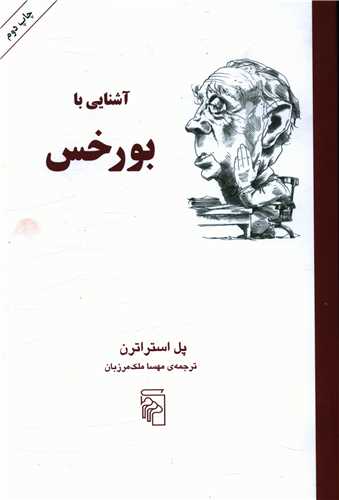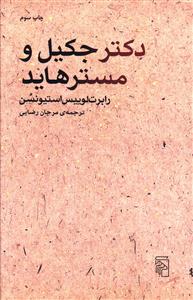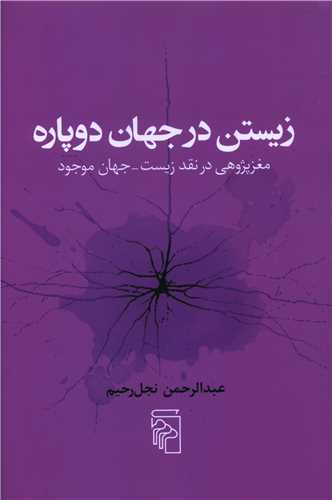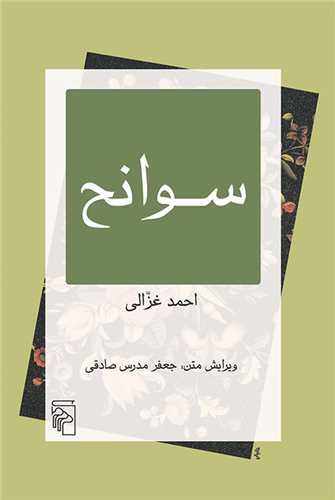Sākhtār-i milūdī dar mūsīqī Īrānī: Persian 1400
ساختار ملودی در موسیقی ایرانی
15.44 £
Share
Wishlist
The book Structure of Melody in Iranian Music has a different approach to the subject of Iranian music structure. Many studies of the last century have traditionally focused more on the study of the pattern of sound intervals and the modes that shape songs and instruments. This is the fact that the melody plays the most obvious role in the structure of Iranian music; To such an extent that not paying attention to it leads to breaking the connection of Iranian listeners with this music. Contrary to what it seems at first, the identity of Iranian music does not depend on the ratio of the intervals of sounds, but in fact, it is the quality of melodies and rhythms that makes Iranian music familiar to its listeners and related to its identity. This book contains two main parts: in the first part, "The Formal Structure of Melody in Iranian Music" and in the second part, "The Human Aspects of Melody in Iranian Music" are examined from the two perspectives of "listeners" and "melody makers".
more
کتاب ساختار ملودی در موسیقی ایرانی رویکردی متفاوت به موضوع ساختمان موسیقی ایرانی دارد. بسیاری از مطالعات سدهی اخیر به صورت سنتی تمرکز خود را بیشتر بر مطالعهی الگوی فواصل اصوات و مدهای شکل دهندهی آوازها و دستگاهها قرار دادهاند. این در حالی است که بیاغراق ملودی در ساختار موسیقی ایرانی بارزترین نقش را بازی میکند؛ تا بدان حد که کم توجهی به آن منجر به گسسته شدن پیوند شنوندهی ایرانی با این موسیقی میشود. هویت موسیقی ایرانی بر خلاف آنچه در وهلهی اول به نظر میرسد مرهون نسبت فواصل اصوات نیست بلکه در واقع کیفیت ملودیها و ریتمها است که موسیقی ایرانی را برای شنوندهی آن آشنا و مرتبط به هویت خویش میکند. این کتاب شامل دو بخش اصلی است: در بخش نخست «ساختار فرمال ملودی در موسیقی ایرانی» و در بخش دوم «جنبههای انسانی ملودی در موسیقی ایرانی» از دو زاویه دید «شنوندگان» و «ملودی پردازان» بررسی میشود.
more

